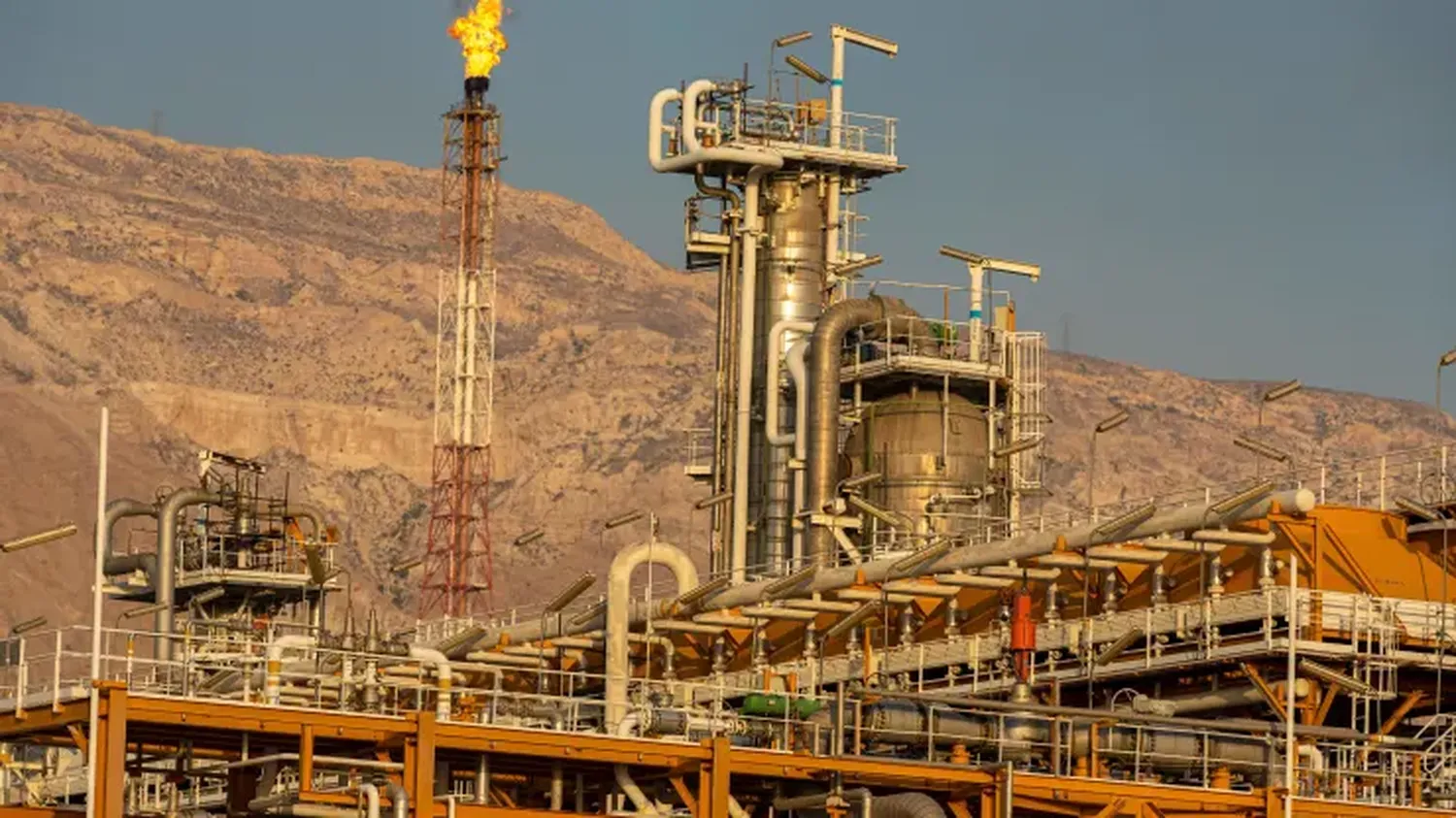Israel-Gaza War
Potential 'super spike' in oil prices above $100 after Iran Escalation
Analysts are now warning of a potential "super spike" in oil prices, potentially soaring well above $100 per barrel, should the conflict between Iran and Israel escalate further. This comes in the wake of Iran's unprecedented aerial attack on Israel, marking a significant escalation in the long-standing hostilities between the two nations.
The attack, which occurred over the weekend, saw Iran launching over 300 drones and missiles at Israel, a move that has been interpreted as a direct retaliation for an Israeli strike on its consulate in Damascus, Syria, earlier in the month. The Israeli military reported that the majority of these drones and missiles were intercepted, with only minor damages reported at the Nevatim Airbase. However, the psychological and geopolitical ramifications of this attack are far-reaching, with oil markets bracing for potential disruptions.
Iran, a key player in the global oil market and the third-largest producer in the Organization of the Petroleum Exporting Countries (OPEC), has a significant influence on global oil supply dynamics. Any disruption to its oil supply, therefore, has the potential to significantly impact global markets. The Strait of Hormuz, a crucial chokepoint through which a fifth of the world's oil production passes, remains a focal point of concern. Analysts fear that any closure or disruption of this vital waterway could lead to dramatic spikes in oil prices.
Andy Lipow, president of Lipow Oil Associates, highlighted the potential for Brent crude oil prices to hit $100 per barrel should there be an attack on Iranian oil production or export facilities. Moreover, the closure of the Strait of Hormuz could push prices to a staggering range of $120 to $130 per barrel. This scenario underscores the fragile nature of global oil markets, which are already dealing with the impacts of underinvestment in oil exploration and development over the years.
The geopolitical landscape is further complicated by the ongoing conflict in Gaza, often described as a proxy war between Israel and Iran. The United States, a key ally of Israel, has condemned Iran's attack, with President Joe Biden stating that Washington helped intercept the incoming drones and missiles. However, Biden also informed Israel's Prime Minister Benjamin Netanyahu that the U.S. would not participate in offensive operations against Iran.
The potential for a "super spike" in oil prices is not just a matter of supply and demand but also reflects the geopolitical risk premium that markets must now factor in. The recent developments have made global crude supplies more vulnerable, emphasizing the importance of maintaining a stable oil market and addressing the chronic underinvestment in oil exploration and development.
The economic implications of such a spike in oil prices are profound. Higher oil prices can lead to increased costs for transportation and production, contributing to inflationary pressures worldwide. This, in turn, could slow down economic recovery efforts, particularly in countries still grappling with the impacts of the COVID-19 pandemic.
As the situation continues to evolve, the global community watches closely, hoping for a de-escalation of tensions. However, the reality remains that the Middle East is a tinderbox, with the potential to disrupt global oil markets significantly. The coming days and weeks will be critical in determining whether the current tensions will lead to a broader conflict or whether diplomacy can prevail, averting a major crisis in the global oil markets.

